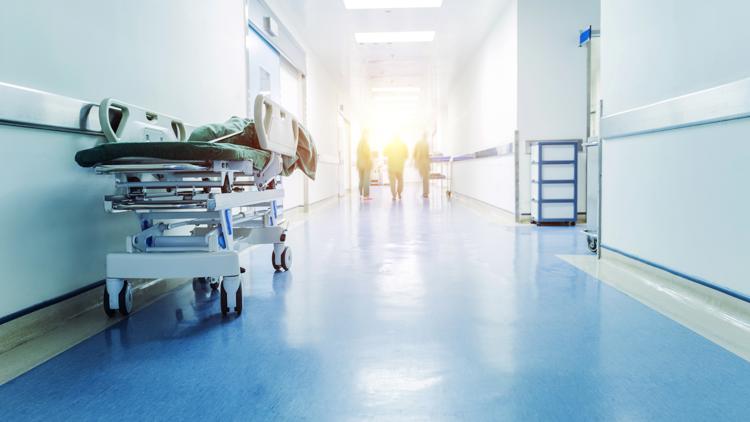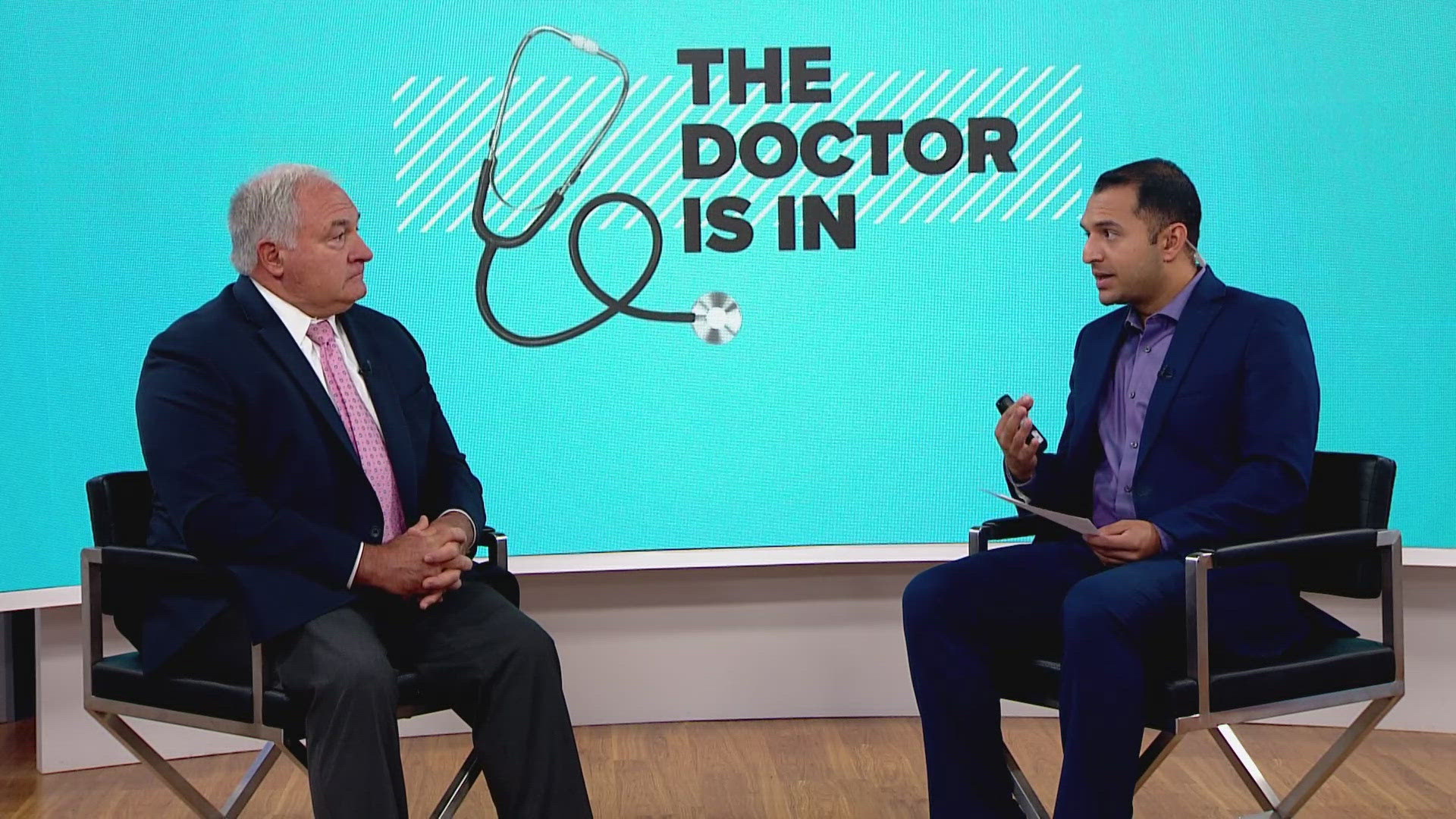SAN DIEGO COUNTY, Calif. — Lifesharing, a nonprofit group that coordinates organ and tissue donation in San Diego and Imperial Counties, saved 19 lives in a 48-hour timespan. The organization said this is believed to be a record for the region.
From August 5-7, the Lifesharing team managed six organ donor cases simultaneously. To put that into perspective, they usually do about that many organ donors and transplants over the course of a couple of weeks.
Jeffrey Trageser, who’s the Director of Clinical Services with Lifesharing, said San Diego families helped make this milestone possible.
“It starts with the families. When you lose someone it’s so tragic and so sad, but a small percentage of people who pass away can go on to be organ donors. Only 1% of us can be organ donors, so it’s so important when families do that to help other people. So really the credit goes to the families who recognize that their loved one could save other people’s lives,” he said.
Jeffrey said it takes a lot of manpower and the team coming together is what really made the accomplishment special.
"Organ donation is very rare and there are a lot of people waiting for their transplants and it takes a long time and a lot of people to do that. In a short amount of time, we were able to give a lot of people their second chance at life, which was quite an endeavor,” he said.
How does the screening process work?
For organ donations, Lifesharing works closely with hospitals and donor families to give hope to the more than 100,000 people on the transplant waiting list. The team members guide families through the donation process, helping them create legacies for their loved ones.
The United Network for Organ Sharing helps them find recipients. Lifesharing nurses found matching recipients for 19 organs, including hearts, kidneys, lungs and livers.
Jeffrey said the organization doesn’t have any say who gets the organ, they just work with the families to honor that gift that they want to give.
“We don’t pick those recipients, they’re matched in a computer and it’s based on their size, their blood type, their age and lots of different health characteristics factor in, so that the sickest person at the top of the list – whether it’s kidney, liver, heart, lungs – who’s the best match is going to be able to get that organ and have their life saved,” he said.
Jeff said the DMV also plays a major role in how the organization receives donors.
“That’s a way you can say to your friends and loved ones, ‘hey, when my time is up and I can’t use my organs anymore, I would like someone else to be able to use my organs,’” he said.
The organization said there's no medical reason for the high number of cases and that the only reason why they were able to save 19 lives was because six families said "yes" to organ donation.
If you want to become a donor, you don’t have to wait until you need to renew your license, you can go online at donatelifecalifornia.org and sign up. It’s also connected to the DMV.
WATCH: Jeffrey Trageser, who’s the Director of Clinical Services with Lifesharing, talks with News 8 about the extraordinary display of generosity from donors.



